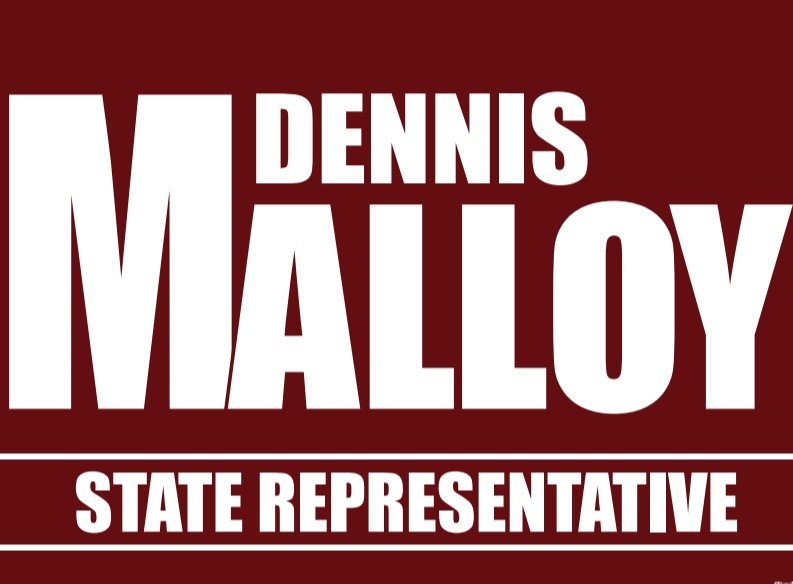The NH state Senate unanimously approved SB 287, setting the maximum contaminant levels for certain PFAS chemicals in drinking water, and a related bill that provides funding for testing and treatment. This legislation will address concerns about contamination from a class of toxic chemicals in New Hampshire’s drinking water.
I co-sponsored SB 287 because quality drinking water is of major interest in New Hampshire coastal towns as well as statewide, and will be coming to the NH House shortly. Senate Republican Leader Chuck Morse, R-Salem, called passage of the pieces of legislation a huge win for New Hampshire residents “who deserve clean drinking water in their homes and places of business.”
Senator David Watters, D-Dover, said “this is about the communities and families that have been suffering and wondering about their water, “and Senator Martha Fuller Clark, D-Portsmouth said that we recognize, “that the state needed to help these communities that are not to blame for the contamination,” and that, “it is absolutely essential that we recognize the cost of remediating this contamination.”
The chamber voted to put into law the standards that were put forth last year by the state Department of Environmental Services for potentially harmful chemicals called perfluoroalkyl and polyfluoroalkyl substances, also known collectively as PFAS. The standards limit one chemical to a maximum of 12 parts per trillion and another to 15 ppt, far lower than the 70 ppt the federal Environmental Protection Agency has advised for the chemicals.
Legislation was crafted in response to a lawsuit filed by 3M, a farmer and several others who are trying to block the standards from taking effect. A judge in the case issued a temporary injunction in December that prevents the standards from being enforced. But if the bill becomes law, it would sidestep that injunction and allow the standards to be enforced --- just as they are for lead and arsenic.
Another bill that passed unanimously sets up a $50 million fund to help communities pay for complying with the news standards, including testing water, installing monitoring wells and upgrading water treatment systems. Senator Morse said, “communities across the state will need new treatment facilities to meet the new PFAS standards and these bipartisan pieces of legislation will not only guarantee clean water but will provide funding so property taxpayers and ratepayers are not left holding the bill.”
The money could be paid back if the state reaches a settlement with the eight companies, including 3M and the DuPont Co. that it has sued, accusing them of being responsible for damage caused by PFAS.

